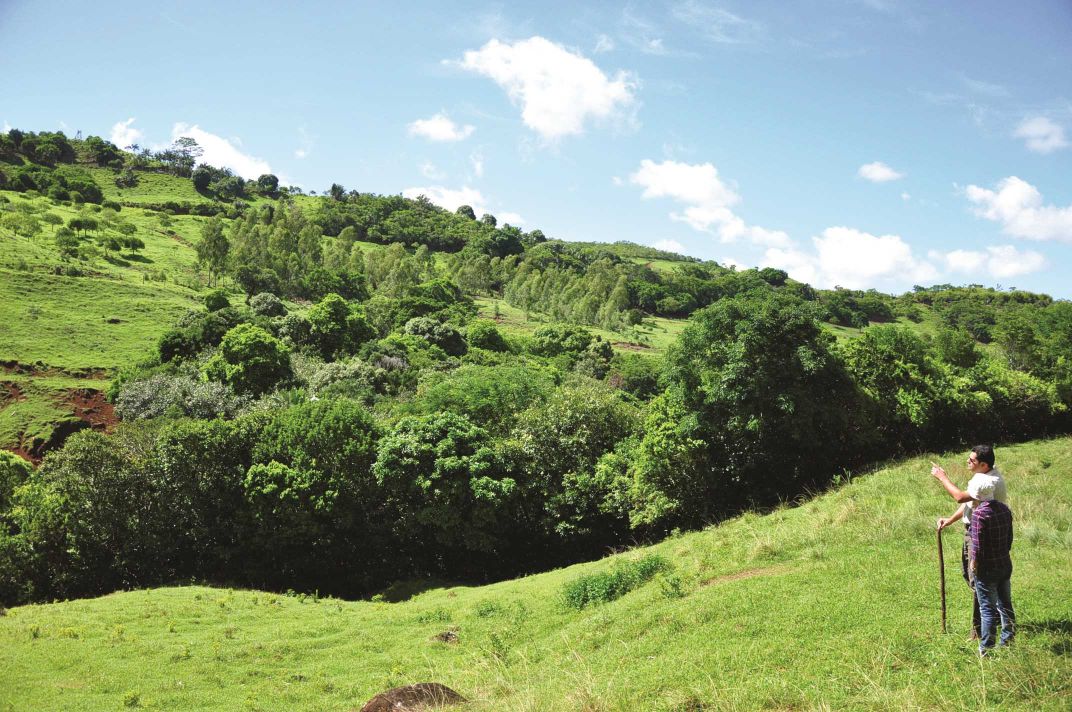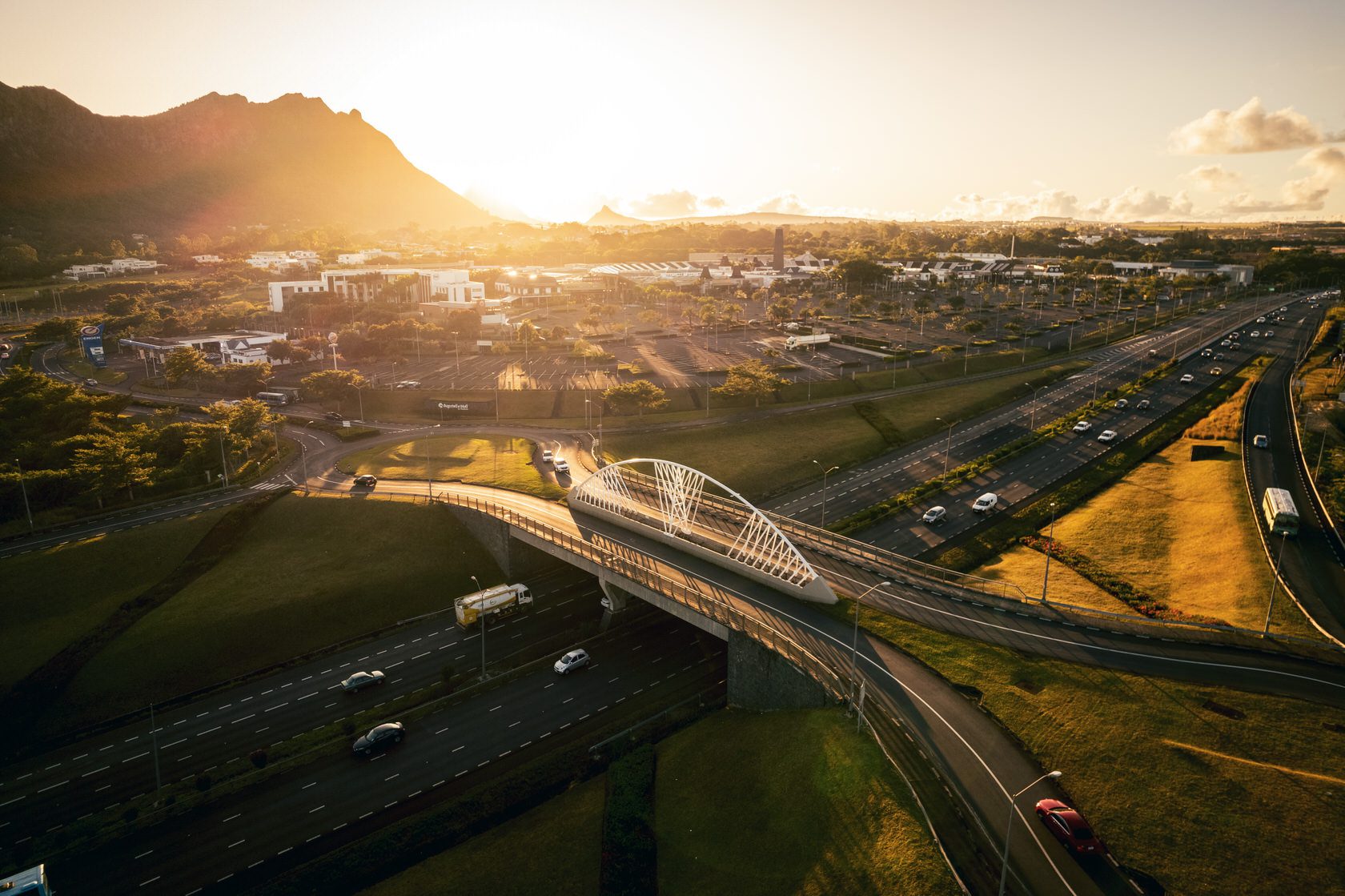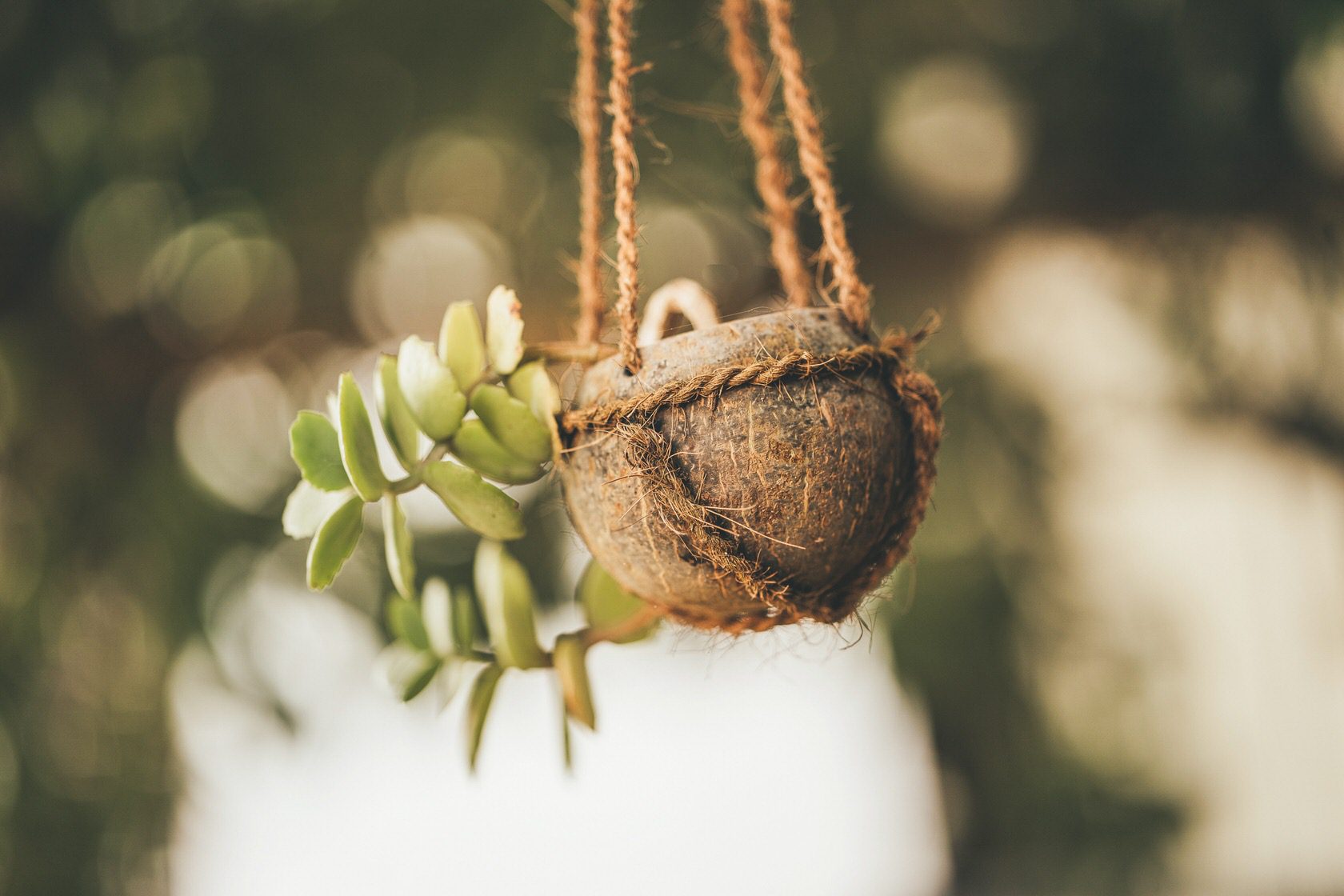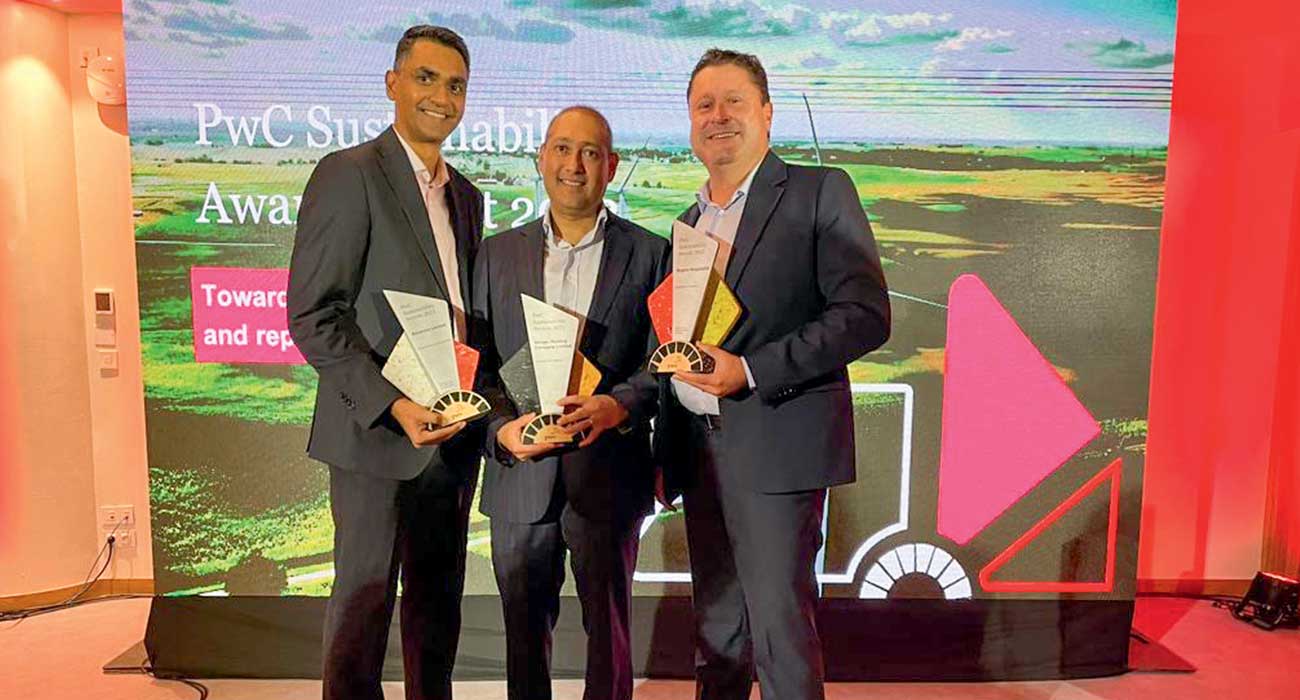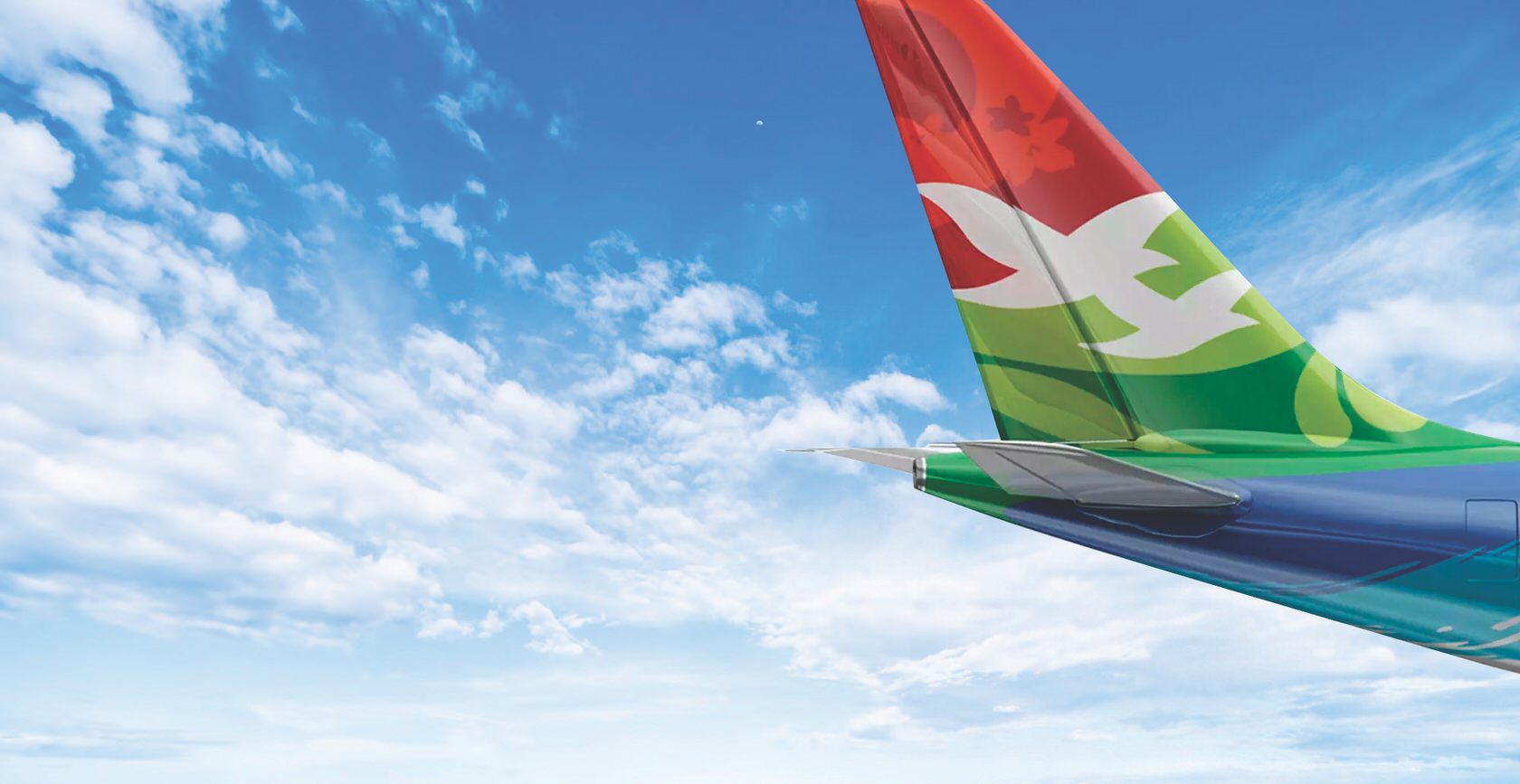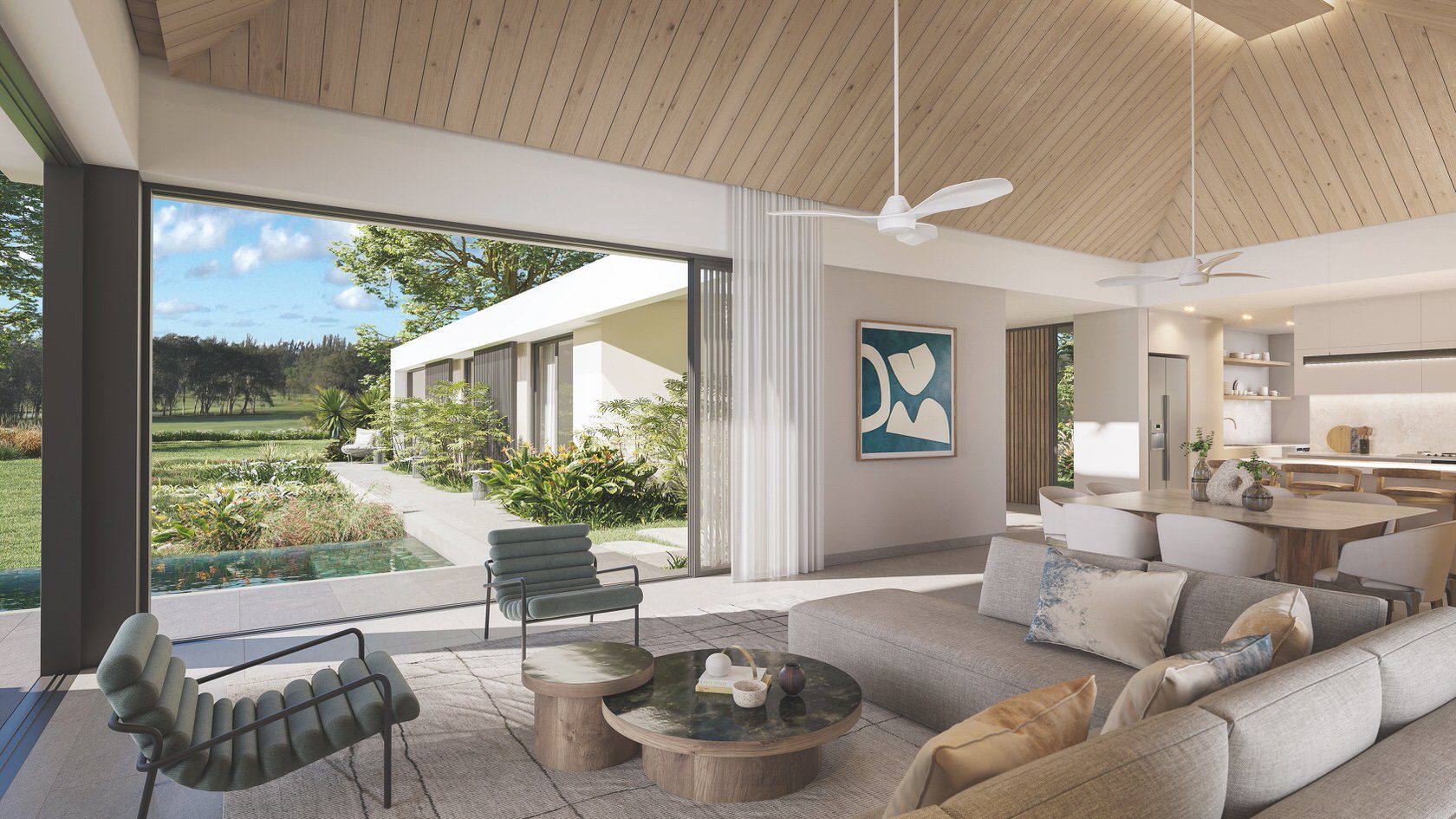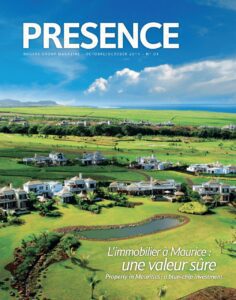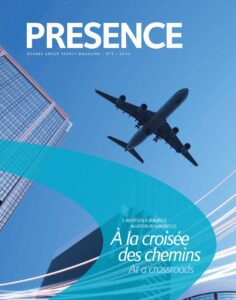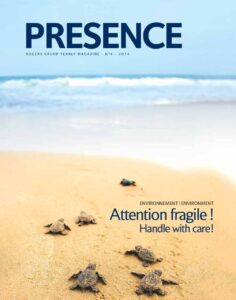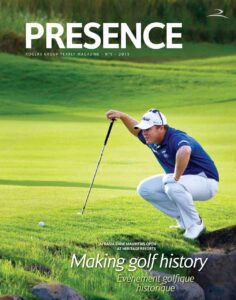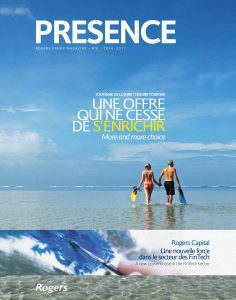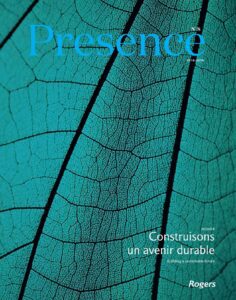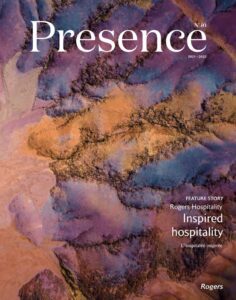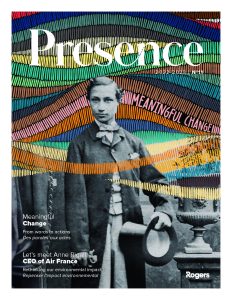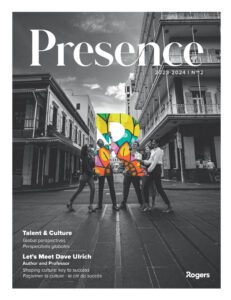A society which hopes to achieve sustainable development needs to respect its environment. As a leading business company, Rogers has decided to implement measures that, over time, will limit and compensate for its activities’ impact on the country’s natural resources.
photos : manoj nawoor | reef conservation mauritius | mwf
The UN Global Compact, to which Rogers is a signatory, encourages a precautionary approach to environmental challenges, the undertaking of initiatives to promote greater environmental responsibility and the development and diffusion of environmentally-friendly technologies.
The protection and restoration work carried out on the Frédérica Nature Reserve on the Domaine de Bel Ombre (Domaine de Bel Ombre) is an illustration of Rogers’ determination to honour its commitments. This gem of nature, which extends over an area of some 3,500 acres, offers considerable environmental and ecotourism possibilities.
Thanks to the expert support of the Mauritian Wildlife Foundation (MWF), whole chunks of primary forest have been restored since 2009. The work on the preservation and estimation of the Nature Reserve’s ecosystem was, moreover, instrumental in the discovery in February 2011 of a rare species of orchid, Jumellea recurva, which was thought to have died out (see also the article on the Reserve on page 56).
Hotel activity too greatly depends on the continuing existence of the country’s nature attractions. In addition to Heritage Resorts’ support for the Plankton project recycling glass and plastic waste in Bel Ombre, Veranda Leisure & Hospitality (VLH) also engages in responsible tourism through its activities in support of the marine environment.
Through its Veranda Resorts’ hotels, VLH supports an NGO, Reef Conservation Mauritius, whose activity is focused on the protection of lagoons in Mauritius and on creating public awareness. This partnership began with the installation of a mooring buoy in the lagoon at Grand Bay in 2007. Between 2008 and 2010, 2,900 primary schoolchildren and 240 teachers were given training throughout a year on marine ecosystems during lessons on the environment.
Last year, the hotel group also funded the setting up of a training centre for the NGO, as well as a course for marine eco-guides, targeting youngsters from at-risk backgrounds. Like the Plankton project, this initiative is a response both to environmental issues and to the fight against poverty through social and professional integration.
In the hotels themselves, efforts are continually undertaken to encourage more environmentally-friendly approaches. Traditional lighting has been gradually replaced by energy-saving bulbs. Technical improvements also mean water usage can be better controlled, whilst irrigation is now carried out using recycled water that has passed through treatment plants. The course at the Heritage Golf Club is now watered using only stocked rain water. To limit risks from pollution, mainly organic pesticides and compost are used in the gardens and on the golf course which, in addition, has been laid out on former sugarcane land rather than wooded areas and following the natural topography of the land.
The Villas Valriche IRS project has also joined in with substantial investment in a distribution network which makes it self-sufficient in drinking and irrigation water. Greywater from Estate villas are also treated and recycled for irrigation. Land design is another of the project’s strong points. Villas Valriche is evidence of a commitment to create and maintain a quality landscaped environment. Nature has retained its place there, with built areas accounting for less than 10% of the Estate’s surface area.
Environmentally-friendly practices are incorporated into other Rogers’ sectors of activity. Foresite Property, the company’s property arm, for example, brings them very much into play in its services and the projects it develops. Foresite encourages the use of rainwater recuperation systems and technical devices to economise on water and electricity usage. It also gives priority to endemic plants in its landscaping activities. The firm has also contributed to the MWF’s programme for the protection of the pink pigeon, a bird native to Mauritius, through its investment vehicle, Ascencia. In line with the concerns of the Global Compact and starting off with the principle that effective charity begins at home, Rogers’ business lines are not satisfied just with financing third-party environmental projects – they are also care about limiting the impact of their operations on our natural resources.
The MWF, defending endemic fauna and flora
Member of the International Union for Conservation of Nature, The Mauritian Wildlife Foundation (MWF) is the only NGO entirely dedicated to the conservation and preservation of Mauritius’ fauna and flora. It has been engaged in conservation projects since the 1970s and has notably contributed to saving endemic bird species threatened with extinction, such as the Mauritian Kestrel (Falco punctatus), the Mauritius Parakeet (Psittacula eques) and the Pink Pigeon (Columba mayeri). The MWF has also been involved in the restoration of Round Island and Ile aux Aigrettes, the latter now a nature sanctuary round which educational trips are organised.

